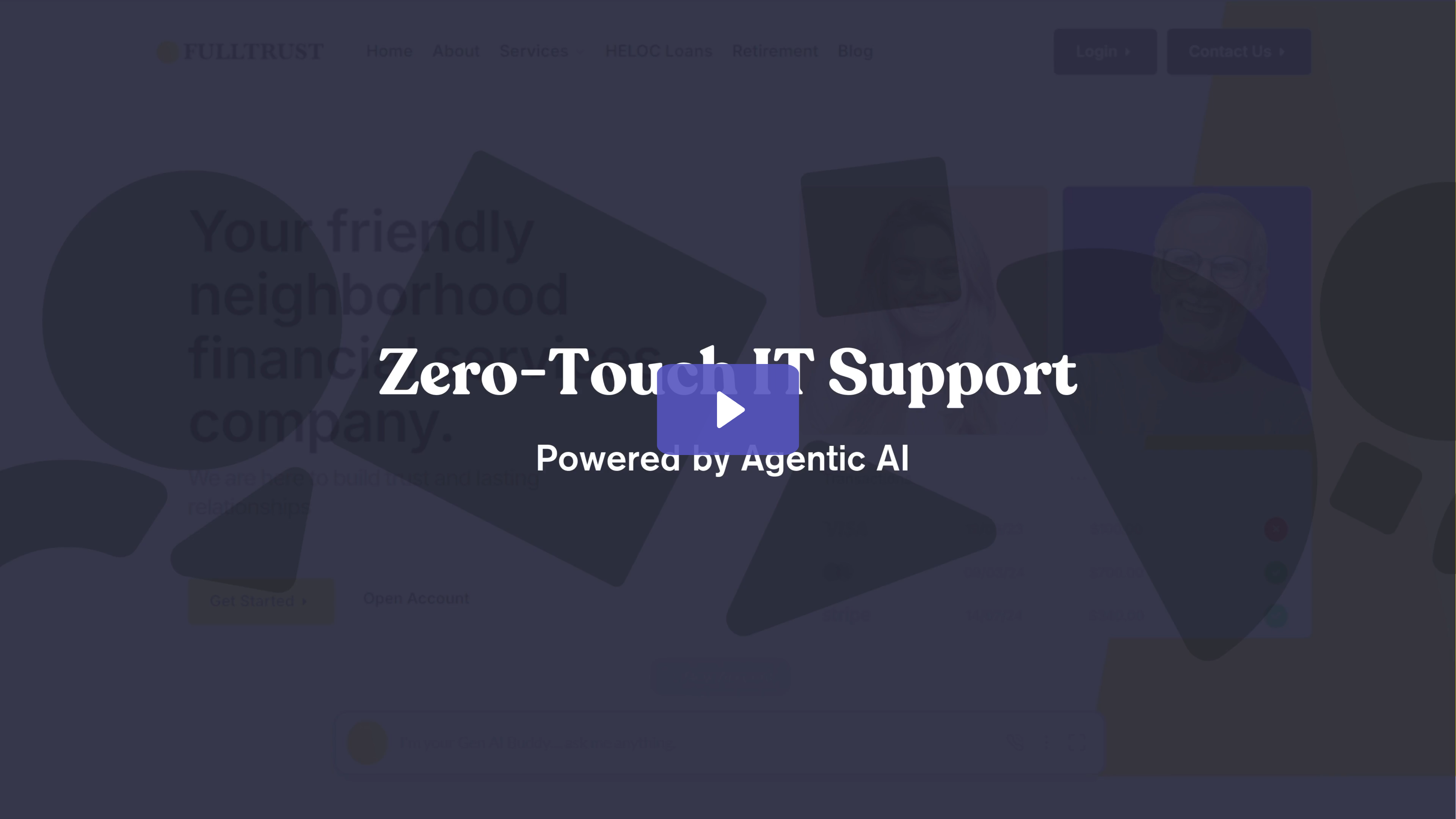AI for Customer Success Teams
AI for Customer Success Teams: From Reactive to Proactive
Introduction
Customer success isn’t just about solving problems—it’s about driving long-term value. As businesses shift from transactional to relationship-driven models, AI for customer success teams has become a critical lever. It empowers teams to predict churn, identify expansion opportunities, and engage customers proactively—at scale.
In platforms like Zingly, AI is woven into persistent customer interactions, giving success managers full context and intelligent recommendations in real time. The result? Stronger relationships, better retention, and more predictable growth.
What Is AI for Customer Success?
AI for customer success refers to the use of artificial intelligence—machine learning, natural language processing (NLP), and predictive analytics—to help CS teams better manage customer health, engagement, and expansion. It shifts the focus from reactive support to proactive, data-informed strategies.
AI can:
- Score customer health based on behavior, sentiment, and usage
- Trigger outreach when churn risk increases
- Suggest relevant playbooks or upsell offers
- Summarize customer interactions across departments
- Automate follow-ups, check-ins, or onboarding sequences
In short, AI helps CS teams stay ahead of risk—and ahead of the customer’s expectations.
How AI Supports the CS Lifecycle
1. Onboarding Optimization
AI personalizes onboarding paths based on industry, customer role, or product complexity. It can automate reminders, surface help content, and flag customers who fall behind.
2. Customer Health Monitoring
AI continuously analyzes product usage, support tickets, NPS feedback, and engagement frequency. It generates health scores and alerts CS reps when intervention is needed.
3. Churn Prediction
AI identifies early churn signals—like login drop-off, feature abandonment, or tone changes in chat—giving CS teams time to act before it’s too late.
4. Expansion Insights
When customers hit product limits, ask about new features, or show positive sentiment, AI surfaces these as growth signals for upsells, renewals, or cross-sell plays.
5. Success Plan Automation
AI can recommend or auto-activate CS playbooks—renewal campaigns, executive check-ins, feedback loops—based on where each account is in their lifecycle.
Why It Matters in CX and Contact Centers
Customer success doesn’t operate in a vacuum—it’s deeply intertwined with support, marketing, and sales. In platforms like Zingly, where all customer interactions are unified into persistent digital Rooms, AI becomes a central nervous system for customer intelligence.
Success managers don’t have to dig through disconnected tools to understand the customer. Zingly Rooms give AI the full context—previous conversations, sentiment, documents, and usage history—so every CS action is timely and well-informed.
AI can also surface recommendations within Rooms, such as:
- “Customer is 80% to usage cap—consider upgrade offer.”
- “Negative sentiment in last two chats—suggest escalation.”
- “No login in 15 days—trigger re-engagement sequence.”
Key Benefits of AI for Customer Success Teams
- Proactive engagement: Reach out before issues escalate—based on behavior, not guesswork.
- Higher retention: Reduce churn by spotting risks early and responding with the right playbook.
- Scalable personalization: Manage hundreds of accounts with individualized attention.
- Expansion identification: Surface upsell and cross-sell opportunities naturally during success workflows.
- Team efficiency: Automate low-value tasks like follow-ups, health score tracking, and reporting.
Use Cases Across Industries
- SaaS: Trigger renewals and upsells based on usage or product fit.
- Banking: Notify CS teams when a high-value customer inquires about other financial products.
- Healthcare: Monitor engagement across digital services and flag patients needing outreach.
- Retail/E-commerce: Identify loyalty risks and recommend personalized re-engagement flows.
Challenges and Considerations
- Data fragmentation: Without unified engagement and usage data, AI models are limited. Zingly’s centralized Rooms architecture addresses this by consolidating interactions across teams and channels.
- Over-reliance on automation: AI can recommend—but humans must still build trust. Use automation to inform, not replace, personal outreach.
- Model transparency: CS teams must understand what’s driving an AI recommendation to act confidently.
- Customer sensitivity: AI-informed outreach must feel thoughtful, not robotic or intrusive.
The Future of AI-Driven Customer Success
As AI matures, expect even deeper integration into the CS tech stack:
- Real-time journey orchestration
- Automated QBR preparation based on AI summaries
- Voice-of-customer insights from support, sales, and product feedback
- AI copilots that coach reps during live interactions
Zingly is already building toward this future—where every CS manager has a true AI-powered command center for driving growth, engagement, and loyalty.
Conclusion
AI for customer success teams is a force multiplier. It helps CSMs act faster, engage smarter, and deliver more value—across every stage of the customer journey. In a CX-first world, AI isn’t just a backend tool. It’s a frontline enabler of meaningful, measurable outcomes.
And when paired with persistent digital spaces like Zingly Rooms, AI transforms customer success into a real-time, connected, and revenue-impacting engine.

.png)


.webp)
%202.svg)